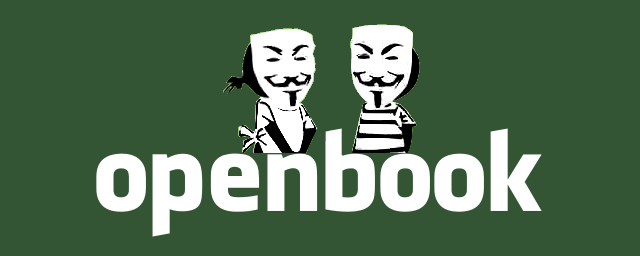 Browser activity and IP addresses are
Browser activity and IP addresses are being logged by government surveillance.
Anonymity is won only by understanding
and using multiple tools like Tor-Browser.
 Browser activity and IP addresses are
Browser activity and IP addresses are 
"Man is least himself when
he talks in his own person.
Give him a mask, and
he will tell you the truth."
—someone famous
Search "#openbook #intro" to begin.

 -99
comments(1)
raw
-99
comments(1)
raw

 -121
comment
raw
-121
comment
raw

 -67
comment
raw
-67
comment
raw

 -268
comments(4)
raw
-268
comments(4)
raw

 -92
comment
raw
-92
comment
raw